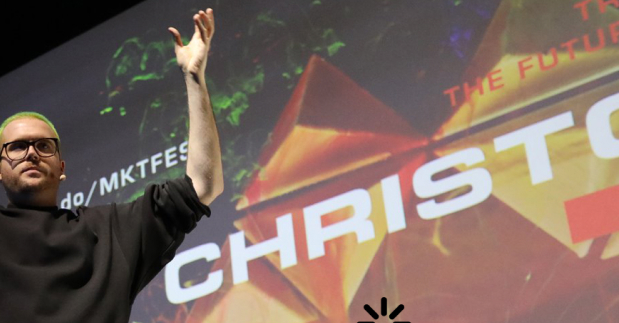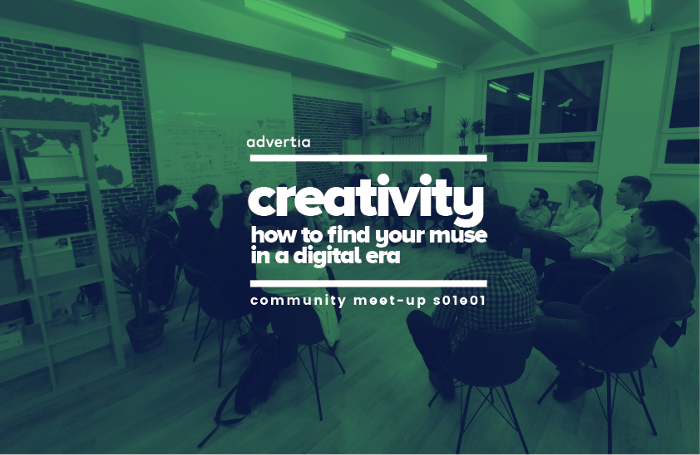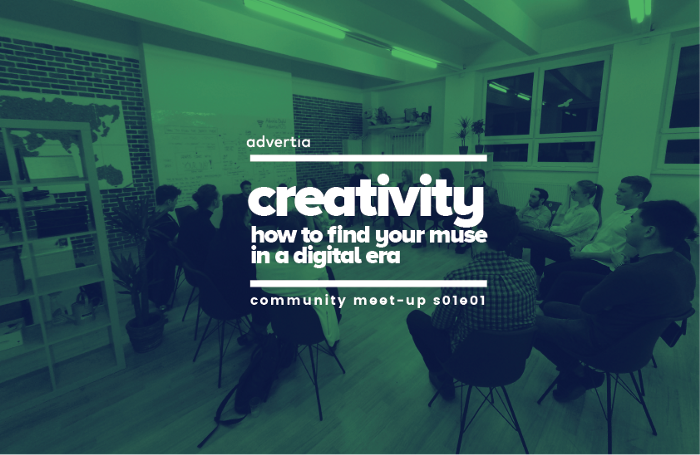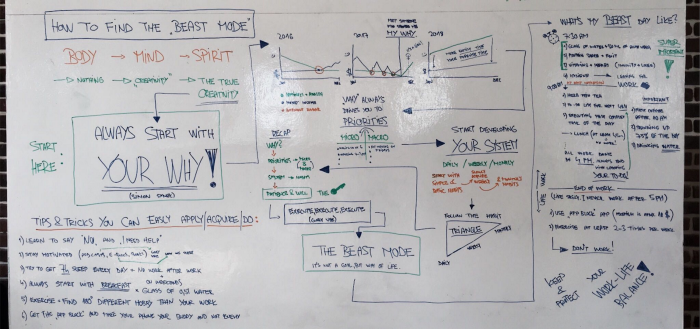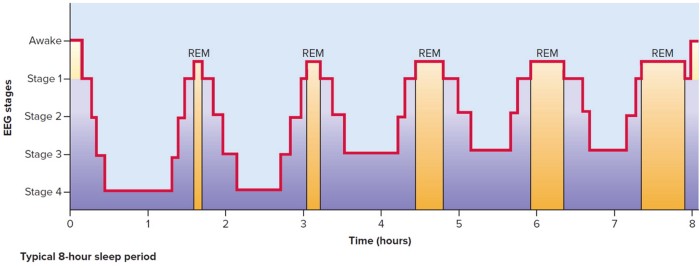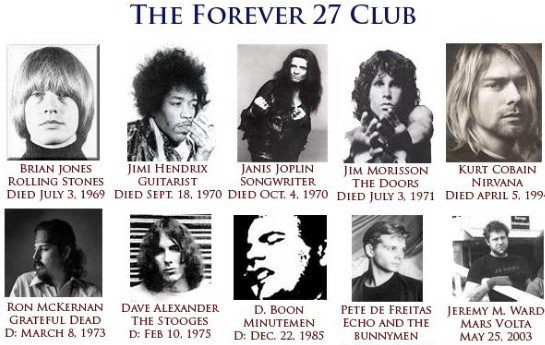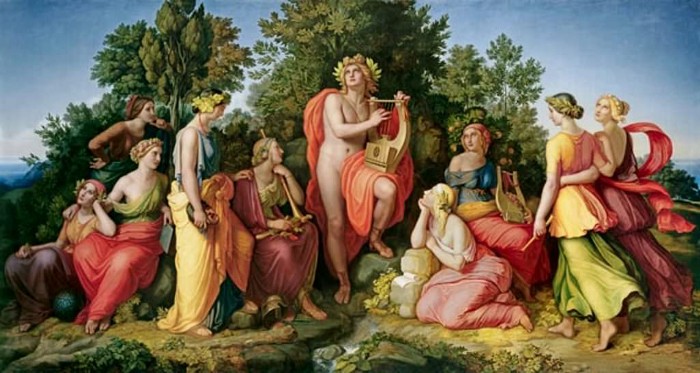
Nejlepší line-up v historii festivalu
V druhé půlce minulého týdne proběhl už 6. ročník největší marketingové konference v České republice, Marketing Festival. Místo standardního podzimního termínu se ovšem tentokrát konal na jaře. Možná se ptáte proč … no zejména proto, aby mohli přijet dvě velké světové kapacity, Mark Ritson a Dan Ariely, takže čekání určitě stálo za to.
Na takových akcích nesmíme jako strategická digitální agentura advertia digital samozřejmě chybět. Pojďte se s námi podívat na to, co marketingové špičky, ale i další skvělí řečníci, předávali účastníkům letošního festivalu.
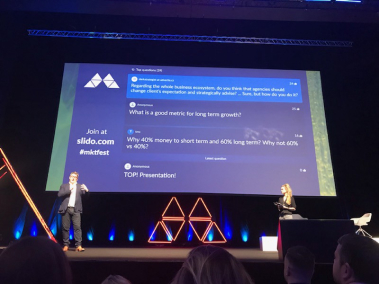
Náš CEO, Honza Borýsek, si už na začátku pátečního programu navíc vytvořil na sli.do (platforma pro otázky a dotazy řečníkům) pseudonym darkstrategist a ptal se na peprné otázky. Některé řečníky jsme trochu potrápili. 🙂
Přednášky / Program
Christopher Wylie: Člověk, který zastavil společnost, která masově manipulovala americké volby či Brexit.
Dvoudenní festival byl rozdělen na čtvrteční workshopy, které se odehrávaly na několika místech po celé Praze. Pátek byl pak věnován přednáškám v Kongresovém centru pro celkem 2.300 českých i zahraničních marketérů. Vybrali jsme pro vás proto ty (podle nás) nejlepší:
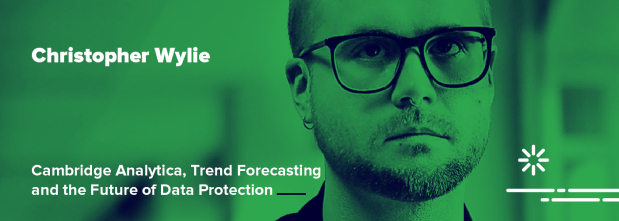
Když vstoupil Christopher na stage, tak bylo celé Kongresové centrum jak na trní. 2300 lidí po obrovském potlesku usedlo hluboko do svých sedaček a připravovalo se na velmi delikátní proslov whistler-blowera, který stojí za “provařením” slavné společnosti Cambridge Analytica, která pomohla vyhrát Trumpovi volby či způsobit Brexit (skrze dogitální manipulaci díky datům z Facebooku).
Christopher popsal v krátkosti jeho cestu do Cambridge Analytica a následnou přeměnu společnosti po tom, co ji přebralo nové vedení, které z firmy udělalo to, jak ji známe dnes. Christopher je do teď stíhán a dostával výhružné dopisy od Facebooku a je jeden z prvních lidí na světě, kteří dostali permanentní BAN na Facebook, Instagram a všechny další služby tohoto giganta.
Dnešní společnost prožívá největší manipulativní období za celou svou historii. Díky sociálním sítím jsme všichni na dosah. Všichni.
Christopher si zaslouží jednoznačně velké uznání za odvahu, že se proti Cambridge Analytica postavil! Evidentně jsme nebyli jediní, kdo si to myslel, protože na sli.do byla nejvíce hlasovanou otázkou celé konference “Thank you for your bravery. We are proud of you!” (Děkujeme za odvahu, jsme na tebe pyšní) s více než 150 hlasy.
Kirsty Huls: Kreativita je v každém z nás!
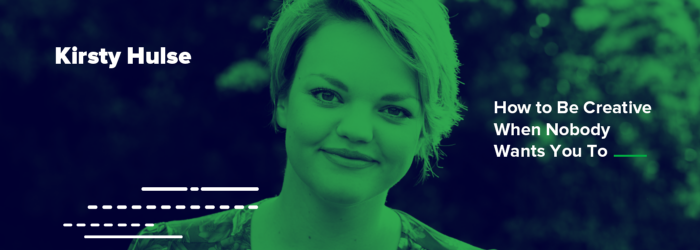
Skvělá a velmi přínosná přednáška pro všechny. Kirsty, CEO Manyminds, věnovala cca 30 minut myšlence, že kreativita není něco, s čím se nutně člověk musí narodit, ale něco, co v sobě máme každý a je to vlastně “jenom další sval” v mozku. Bourala spoustu mýtů jako třeba fakt, že skupinové brainstormingy jsou jednou z prvních možností, jak jít kreativitě naproti. Místo toho by měl každý brainstormovat sám a teprve poté by se měly výstupy probrat společně ve skupině.
Pokud byste chtěli zjistit, jak jste na tom s kreativitou, jděte na https://mycreativityskills.com a vyplňte dotazník, který vám zabere přibližně 10 minut vašeho času. Každý z nás je totiž kreativní.
Doporučujeme si přednášku pustit, protože Kirsty zmínila spoustu skvělých knih pro cvičení a zlepšování kreativity a také ukázala její framework a daily habits, které ji pomáhají v každodenní kreativitě. Stejně tak nás zvala k přečtení výzkumu, který realizovala minulý rok. Odkaz na něj je ZDE.
Dan Ariely: Jak využít behaviorální psychologii?
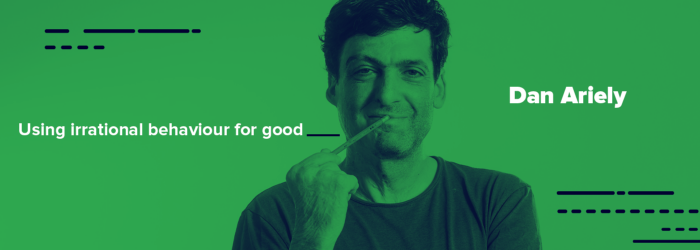
Dana není potřeba představovat. Už při příchodu bylo znát, že nejsme jediní, kdo se na něj těší. Jedná se přeci jen o jedno z největších jmen v rámci behaviorální ekonomie vůbec.
Určitě sklidil největší potlesk a to také díky faktu, že si jako jediný speaker přinesl na stage pivo místo vody se slovy “Slyšel jsem, že v Česku se pije místo vody pivo. Musím ale upozornit, že toho moc nevydržím.” a po celou dobu své prezentace upíjel z plechové 1,5l flašky Svijany, které mu velmi chutnalo.
Dan popsal několik ze stovek výzkumů, které za svou dlouhou kariéru realizoval a snažil se vybrat ty nejvíce relevantní pro odvětví marketingu. Největšími radami bylo například to, že “když má člověk možnost vybrat si ANO a neexistuje možnost NE, zvyšuje se automaticky pravděpodobnost, že si člověk vybere vůbec nejednat, když ovšem dáme i možnost ne, získáme pak více ANO” nebo “jednou z nejsilnějších motivací pro rodiče je názor či upozornění od jejich dětí, když se tedy správně tento fakt využije, je možné pozitivně motivovat”.
Wil Reynolds: Doměnkologie vs. Data
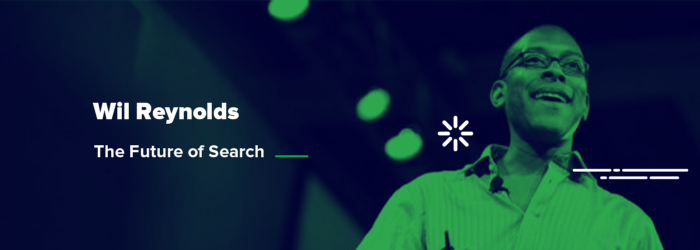
Wil je kapacita v rámci SEARCH reklam a to v globálním měřítku. Z jeho chování na pódiu bylo jasné, že se jedná o člověka, který opravdu miluje svou práci. Wil pomáhá už od roku 1999 firmám v rámci vyhledávání a to v podobách, které si drtivá většina marketérů nezažila. Jednalo se samozřejmě hodně o SEO, ale dnes je drtivá většina práce o PLACENÉM VYHLEDÁVÁNÍ.
Always have data on your fingertips. Always! (Vždycky mějte po ruce data)
Celá úvodní přednáška byla o tom, že se Wil snažil vštípit všem v místnosti fakt, že máme všichni přístup k obrovskému množství dat a nemusíme tak hádat nebo zakládat naše kampaně na domněnkách či best practices. Velmi silná téma bylo také to, ať se snažíme vyhnout “Hype Cycle” období, které můžeme teď vidět u Chatbotů nebo u Voice Search (vyhledávání podle hlasových pokynů), které je dle jeho slov minimálně 3–4 roky daleko.
Stéphane Hamel: Morálka jako lék pro budoucnost!
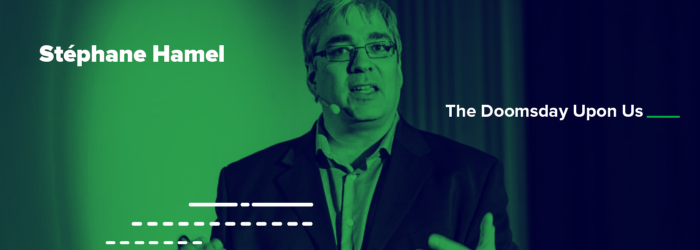
Stéphane je velmi uznávaný datový analytik a jeden z lidí, kteří pracovali s Google Analytics ještě v době, kdy bylo webové měření ještě v plenkách.
Zajímavost: Stéphane je autorem skvělého Google Chrome doplňku nazývající se “DaVinchi Tools”, který 100% doporučujeme všem markeťákům, kteří často pracují v Google Analytics.
Přednáška Stéphana zaměřovala na morálku a na to, co vše jsou marketéři schopni podstoupit, aby dosáhli úspěchu. Pokud se totiž podíváme například na získávání dat o našich zákaznících, podle Stéphana až “unscrupulous digging on private lands” zjistíme, že morálka často chybí.
Stéphanova otázka pro všechny marketéry:
Co je váš bod zlomu, kdy byste si řekli, že takový druh marketingu odmítáte dělat právě kvůli zneužívání soukromí svých zákazníků?
Mark Ritson: Jak být správný marketér? (přednáška, která zvýšila ROI vstupenky na dvojnásobek)

Neexistuje lepší možný konec tak skvělé akce jako přednáška od legendárního Marka Ritsona. Tenhle chlapík nám všem prodloužil život tak o rok, protože takhle jsme se všichni dlouho nezasmáli. Nenechte se každopádně zmást, nejednalo se samozřejmě o stand-up. Naopak, Mark měl jednu z nejvíce praktických přednášek festivalu, kde popisoval framework toho, jak správně formulovat marketingovou strategii a dlouhodobý úspěch značky.
Abychom dosáhli správné dlouhodobé marketingové strategie je potřeba odpovědět si na tzv. “The Five Tent Questions”.
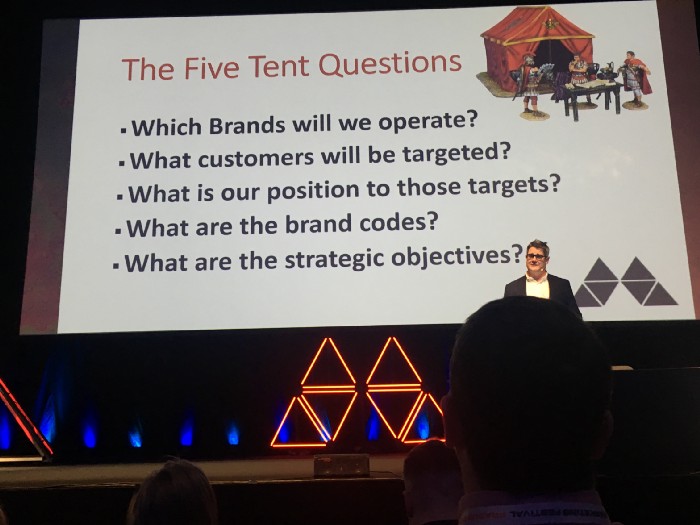
Podle Marka není důležité na všechny otázky odpovědět naprosto přesně, ale především je potřeba alespoň odpovědět. Následně je taky důležité si uvědomit, že správně formulovaná strategie se bez problému vejde na jednu A4 a že není třeba pro ni vytvářet sáhodlouhé dokumenty (samozřejmě si rýpl do consulting společností jako je McKinsey & Company). Pokud byste do strategie chtěli dávat co nejvíc cílů, tak raději včas zastavte. Nejúspěšnější strategie podle Marka má zpravidla pouze jeden cíl, krásným důkazem jsou například Effie Awards, kde jednoduchost vždy drtivě vyhrává.
Strategie pro Den D se vlezla také na jednu stránku! 🙂
Mark se také hodně věnoval “targeting vs. mass” marketingu, kde se snažil ukázat, že pro úspěch je potřeba investovat 40 % prostředků do krátkodobých a 60 % do dlouhodobých marketingových kampaní.
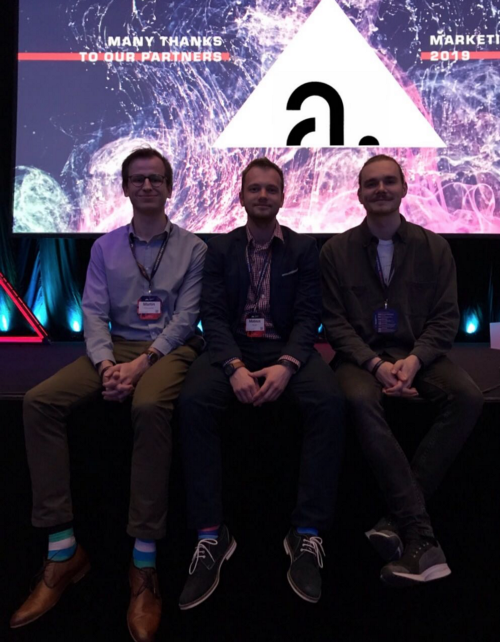
Marketing Festival, který stojí za to!
Velmi silná témata, která by šla rozebírat minimálně další týden. Shodli jsme se, že kdyby jedna / dvě prezentace byly za den a zbytek dne by o nich byla debata, tak by nám to vůbec nevadilo. Máme spoustu dalších otázek, na kterých se budeme muset zamyslet a také jsme získali spoustu inspirace. Pro všechny, kteří se na festival nedostali, tak rozhodně doporučujeme si alespoň koupit videa, protože vážně stojí za to!
Tak zase za rok na dalším Marketing Festivalu?
Jo a web je www.advertia.cz, pojďme společně něco vymyslet!
